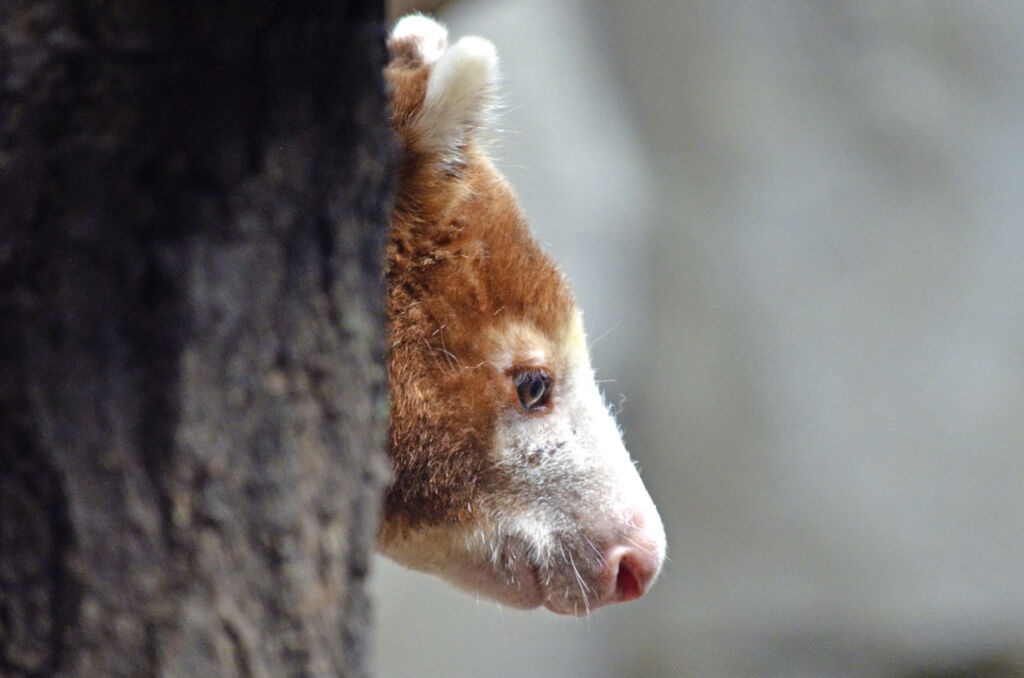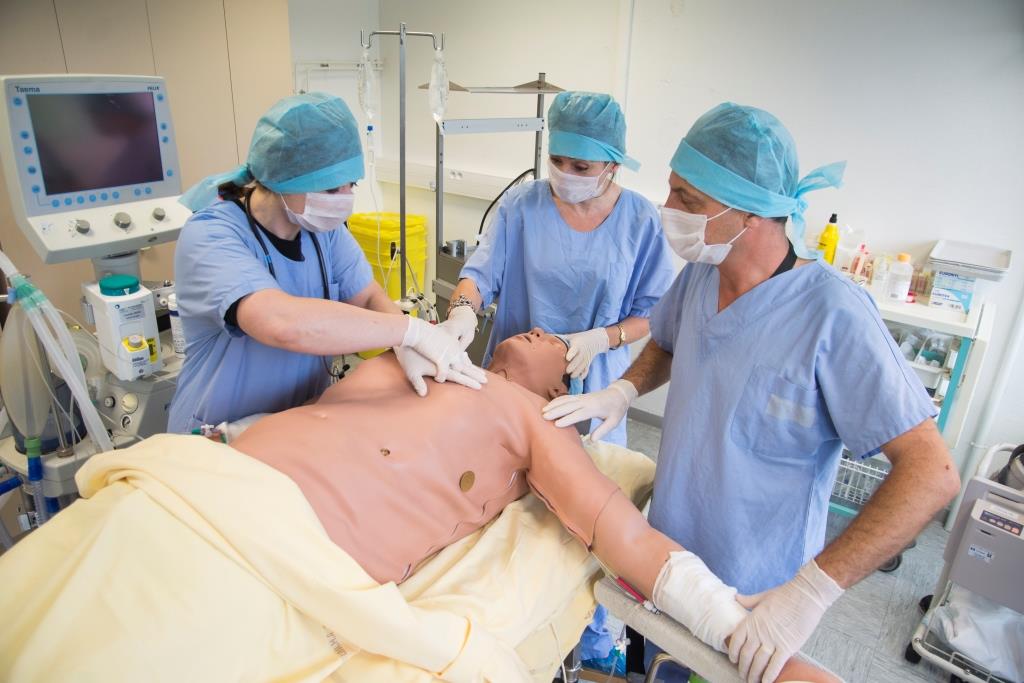# Science Fun: From rare species to medical simulation
Welcome to the program co-produced by the University of Montpellier and Divergence-FM, which takes you on a cruise through the laboratories of the Muse archipelago. This week, Science s'aMuse sets sail for the southern hemisphere with Nicolas Loiseau to talk about animal species that are considered ecologically rare. In the second part of the program, we take you on a tour of the medical school's simulation platform with emergency physician Blaise Debien.

Characterized by both abundance and a limited geographical distribution, ecologically rare species are defined in particular by their functional uniqueness, in other words, the singular and irreplaceable role they play within their ecosystem. The yellow-headed marmoset of Brazil, the tree kangaroo of Queensland, Australia, Gunnison's grouse, the Strigops habroptila parrot, the marsupials of Madagascar, and Lucy's hummingbird... In total, there are more than 4,600 species of land mammals and 9,287 species of birds whose disappearance would lead to the extinction of many other species, particularly plants. So today, we're not offering you a safari, but a journey of discovery to better understand the role of these species and the importance of the issues surrounding their conservation.
To guide us through this stopover, our guest today is Nicolas Loiseau. He is a researcher at Marbec, the University of Montpellier's marine biodiversity, exploration, and conservation laboratory, and his study is published this month in the prestigious journal Nature Communications. His work, conducted in collaboration with the Foundation for Research on Biodiversity, the CNRS, andthe University of Grenoble, maps these ecologically rare species and highlights the need to better protect them in order to safeguard the ecosystems in which they live.
In the engine room: the medical simulation platform
In the second part of the program, we head to the Arnaud de Villeneuve campus. We bring you an in-depth report on the simulation platform at the faculty of medicine, run by the CESU, the center for emergency care training. There, we find some curious machines: patient robots. Used by students in training or by healthcare professionals as part of continuing education, they allow users to learn or perfect technical skills according to the principle: "Never try it for the first time on a patient." Blaise Debien, emergency physician and coordinator of the platform, gives us a tour.

- Watch the UM Healthy Thursdays video on the simulation platform
- Read the article "Very patient robots"
Science is fun, you've got the ticket, let's go!
Co-production: University of Montpellier and Divergence-fm
Host: Lucie Lecherbonnier
Interview: Aline Périault and Lucie Lecherbonnier
Reporting: Aline Périault and Lucie Lecherbonnier
Editing: Lucie Lecherbonnier
Technical support: Adeline Flo’ch
Listen to the program “A LUM LA SCIENCE” on Divergence FM 93.9
